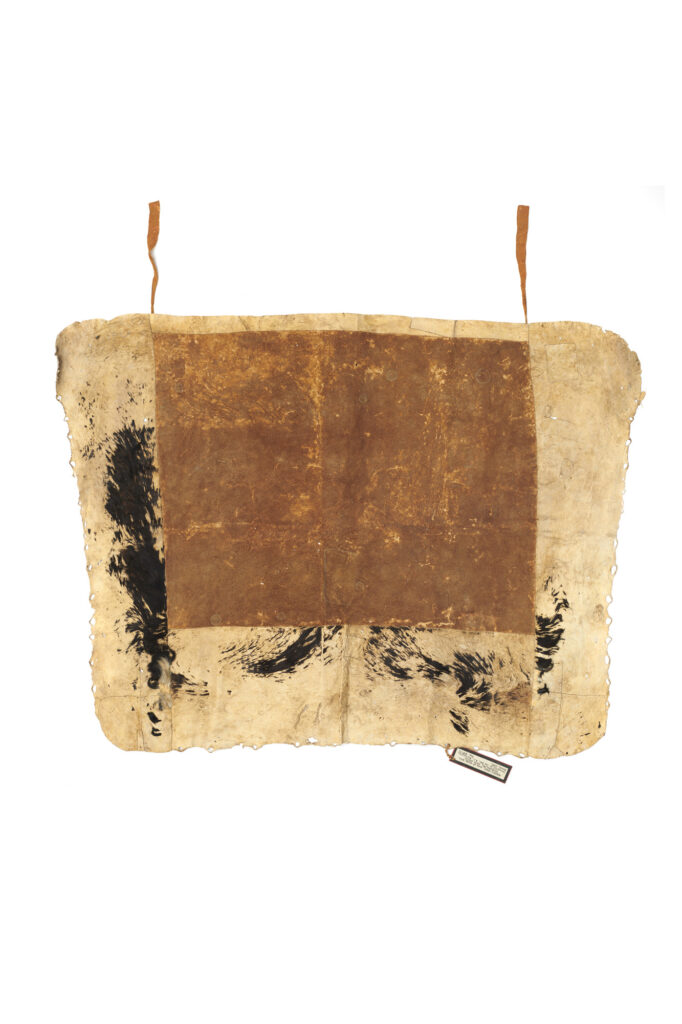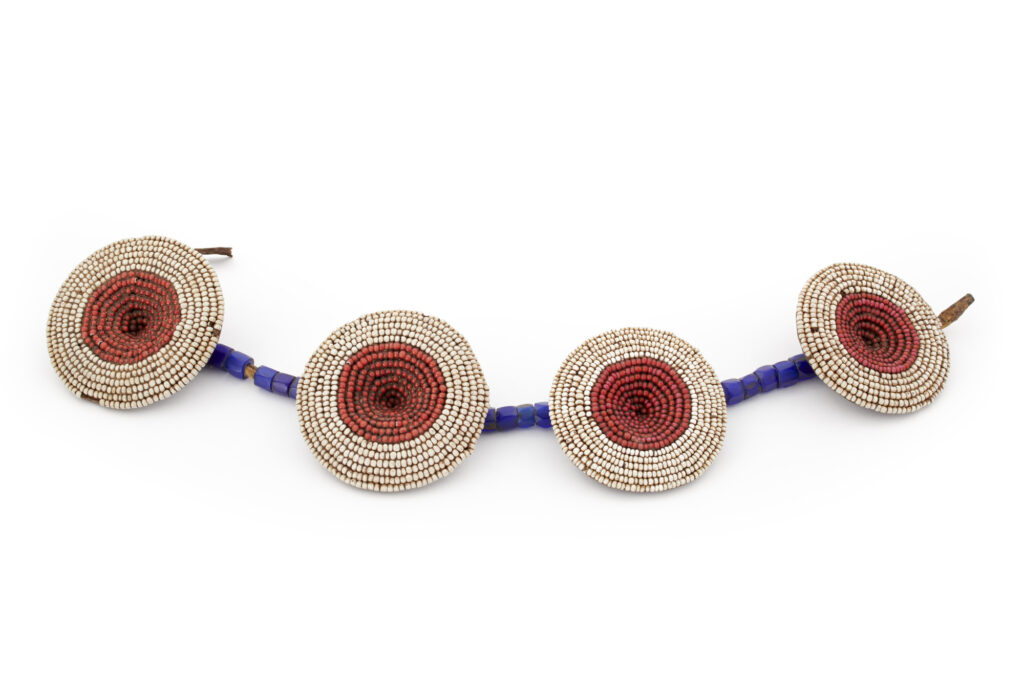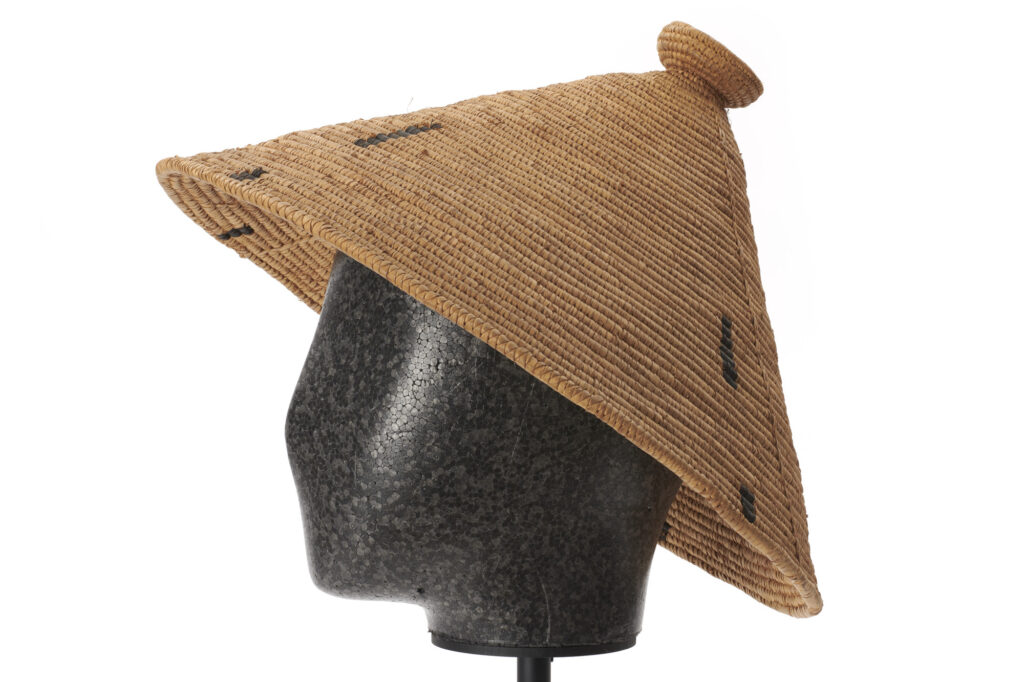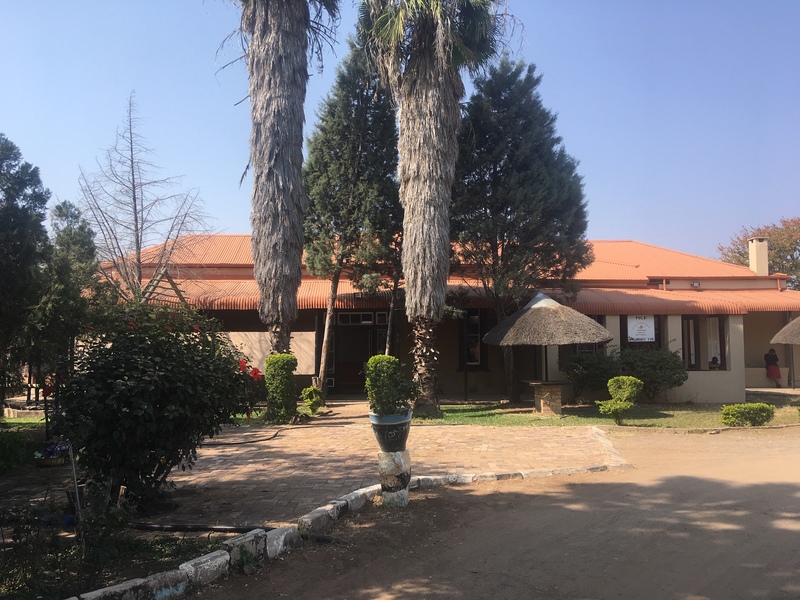By Gase Kediseng, Khama III Memorial Museum
Even though I haven’t had the privilege of seeing the actual objects, I am intrigued by the craftsmanship displayed in the objects which spells excellence and perfection. Imagining that they did not have the luxury of specialised tools to enable them to work on the finer details of the objects still leaves me in awe.
As a modern Motswana who studied Botswana history, my understanding is that we were once a very poor country which later developed rapidly due to the discovery of diamonds and the production of beef, and made us one of the richest countries in Southern Africa. Nonetheless, nothing or very little is mentioned on how Batswana of the 19th century were industrious, let alone their love for the ‘finer things in life’.
(Creative Commons Attribution-ShareAlike 4.0 International)
Looking back, I believe the discovery of diamonds somehow shifted our mindset from that of producers to a consuming nation. Diamonds brought with them the infrastructure, education, health and the jobs that gave us money to buy the stuff which we needed. We made it our way of life and became overly dependent. We shunned or forgot our way of survival – the bartering (goods exchange) system. This form of trading, I think, encouraged people or individuals to tap into their strengths and creativity to be able to produce the best they could in exchange for the stuff they needed, which I believe contributed to community building.
For me, I see this project as an eye opener. It should be able to give Batswana a gleam of hope that, yes, they can! It should be able to make us proud as a nation that our forefathers were creative and hard working. This will indeed dispel the fallacy that we had no past to boast of before the arrival of the colonisers; it will bring about the much-needed focus on our rich cultural heritage.
This project gives me a sense of pride and gratitude that even though the artefacts are kept in another country, they remain ours by virtue of them being produced by our forebears. It adds to the part of history that was forgotten and unknown to the new generation.
On our continued partnership with Brighton Museum: if this partnership could be geared towards assisting us build our capacity, it would go a long way in preparing us to handle loans of this nature in the long term. If our conservation standards cannot be at par with museums in developed countries, they should be basic at least. We should strive to be able to maintain our collections, and when we have achieved this, we will be able to say ‘we are ready’!
Post the COVID-19 total lockdown, which resulted in closing of borders, and presented a whole lot of uncertainties, we were left vulnerable as a nation. This forced some Batswana come up with initiatives for survival and even strongly lobbied for the support of locally produced stuff.
In conclusion, I see this project helping with some issues that our society is grappling to address today. It will also help us as we are forced to go through the ‘introspection phase’ as a nation.
As they say, understanding of your past equips you for the future.
This piece is taken from the forthcoming publication Making African Connections: Decolonial Futures for Colonial Collections? Initial Findings and Recommendations






